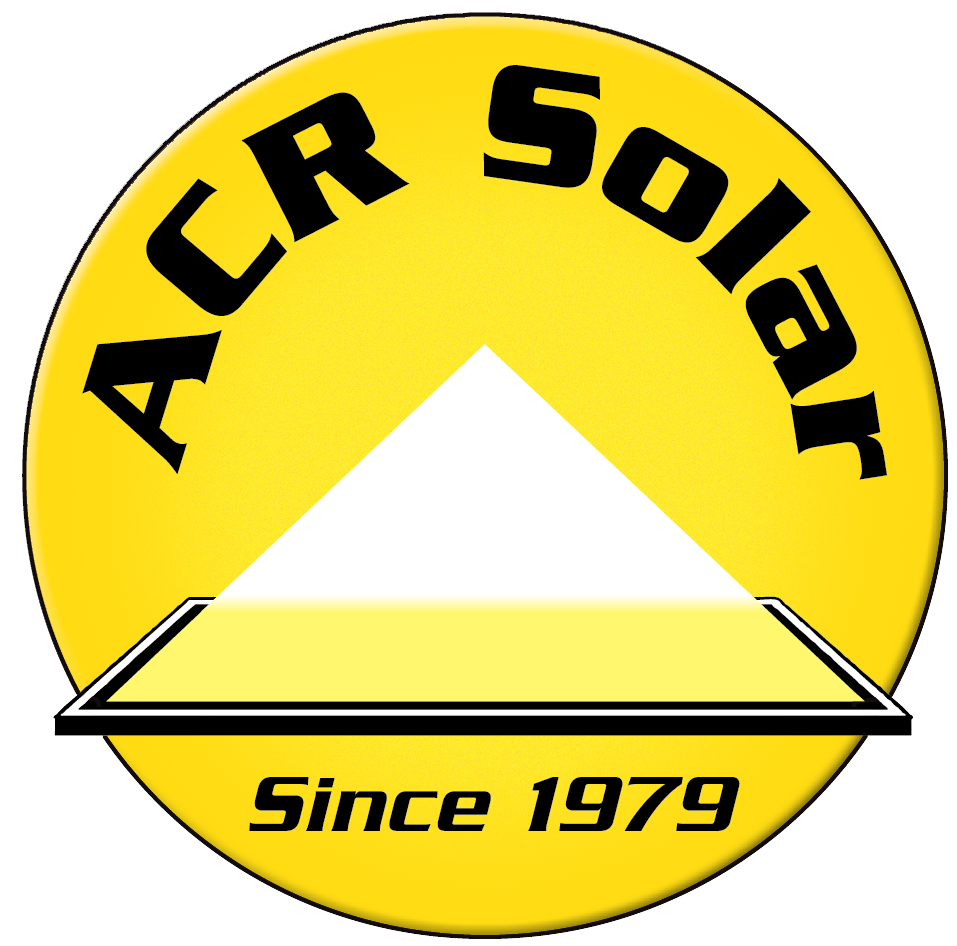For commercial property owners in California, navigating the myriad of state standards and regulations can be challenging, especially when there are updates and amendments. The state’s Title 24, particularly the solar and energy efficiency standards, has been the topic of much discussion in recent times. If you’re a commercial property owner or someone responsible for ensuring compliance in commercial real estate, this blog aims to shed light on the Title 24 standards’ implications specifically for you. We will delve deep into the standards, the benefits and challenges of compliance, and how it ties into roofing and solar solutions.
1. Understanding Title 24’s Solar and Energy Efficiency Standards for Commercial Properties:
Title 24, also known as the California Building Standards Code, was designed to ensure that buildings constructed in the state are energy efficient and adhere to specific environmental guidelines. For commercial properties, these standards have a few significant ramifications:
- Solar Requirements: One of the most notable aspects of Title 24 is the mandate for solar-ready roofs. This means that commercial buildings need to have a specific portion of their roofs ready to accommodate future solar panel installations. This doesn’t necessarily mean solar panels have to be installed immediately but indicates a clear push towards solar energy use in commercial spaces.
- Roofing Standards: Alongside solar-readiness, roofing solutions play a crucial role in Title 24 compliance. Commercial buildings are now required to have cool roofs. These roofs reflect more sunlight and absorb less heat than traditional roofs, thus reducing energy bills and making the building more energy efficient.
- Lighting and Controls: Commercial spaces often have large energy footprints due to their lighting requirements. Title 24 mandates the use of energy-efficient lighting solutions and automated controls that can adjust lighting based on the time of day or occupancy.
- HVAC Systems: Heating, ventilation, and air conditioning (HVAC) systems in commercial properties must now meet specific energy efficiency criteria, further pushing businesses to adopt greener, more sustainable practices.
2. The Benefits and Challenges of Title 24 Compliance for Commercial Property Owners:
- Benefits:
- Energy Savings: A core goal of Title 24 is energy conservation. By adhering to these standards, commercial property owners can expect to see substantial savings on their energy bills over time.
- Increased Property Value: Buildings compliant with Title 24 often have higher market values due to their enhanced energy efficiency and modern infrastructure.
- Environmental Benefits: By promoting the use of solar energy and other energy-efficient practices, commercial buildings can significantly reduce their carbon footprint.
- State Incentives: There are state-sponsored incentives and rebates available for properties that meet or exceed Title 24 standards.
- Challenges:
- Upfront Costs: Initial investments into energy-efficient technologies and solar installations might seem steep for some commercial property owners.
- Navigating the Complexities: Understanding and implementing every nuance of the Title 24 standards can be daunting without proper guidance and expertise.
- Periodic Updates: As the state refines and updates its standards, staying compliant will require continual monitoring and potential adjustments to building infrastructure.
3. Tying Title 24 to Solar and Roofing Solutions:
Solar energy and roofing play central roles in Title 24 compliance for commercial properties. Solar-ready roofing solutions not only set the stage for eventual solar installations but also contribute to a building’s overall energy efficiency. By optimizing roof angles, materials, and finishes, roofing solutions can greatly enhance a building’s ability to harness solar energy efficiently. Moreover, integrating solar panels can help commercial properties meet a significant portion of their energy needs, further aligning with Title 24’s objectives.
For commercial property owners, collaborating with experienced solar and roofing experts becomes crucial. These professionals can provide insights, customized solutions, and streamlined implementation, ensuring that commercial properties not only meet but thrive within the parameters set by Title 24.
